Fuels
Driving hydrogen forward
21 January 2025
11 May 2016
Maintaining lubricity performance is essential in a global market

Diesel fuel sulphur levels are continuing to fall at a time when the global movement of fuels is increasing. These infographics highlight how lubricity additives can help to ensure fuels meet regional specifications and are trouble free from refinery to vehicle.
The need for lubricity additives is well understood, and Infineum has been involved with the development of lubricity improvers since low sulphur fuels were first introduced.
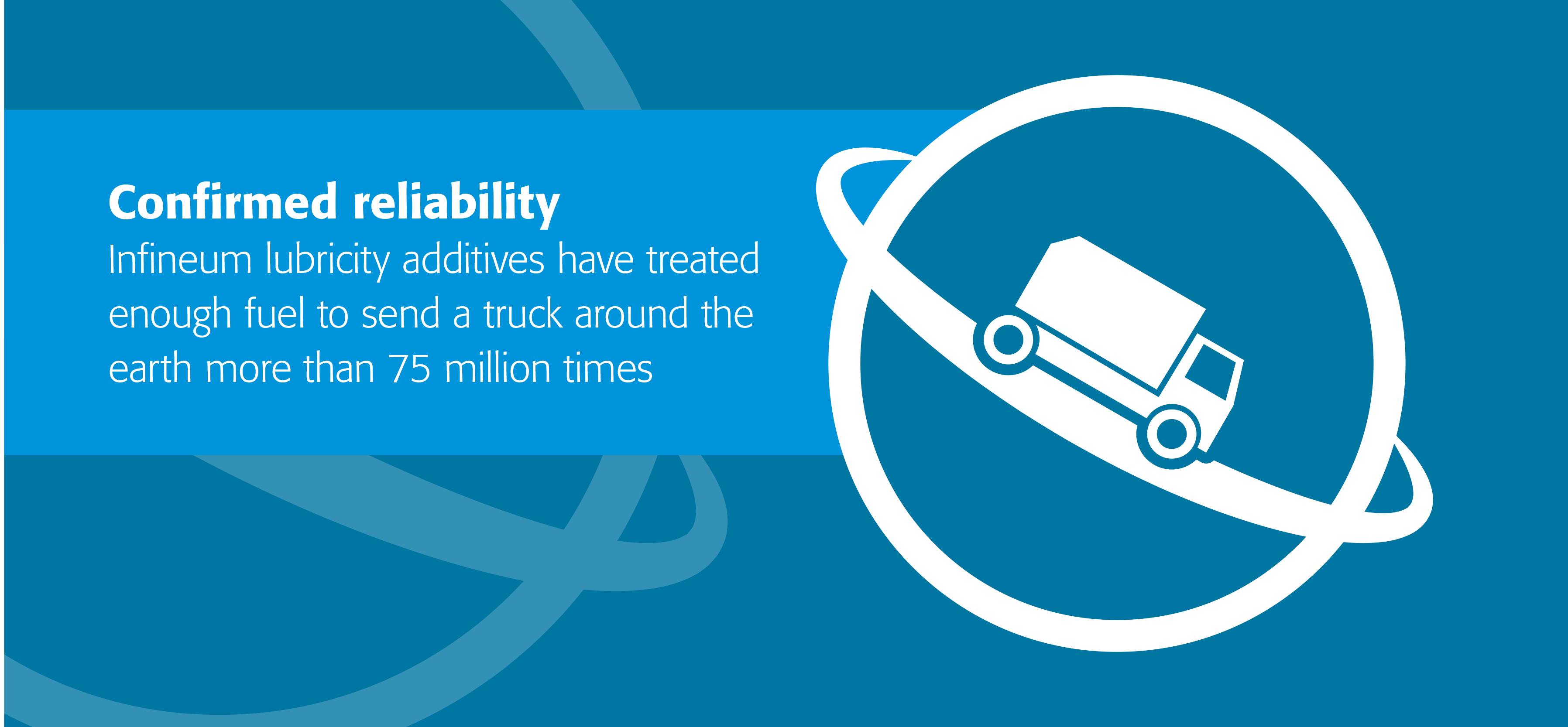
However, as the fuels market becomes more complex and vehicle technology changes, it is vital for refiners to ensure the fuels they produce are fit for purpose and appropriate for use across regions.
A key trend that needs careful consideration is the growth in the global movement of fuels. As capacity increases and demand patterns change, we expect diesel exports to increase from North America, the Middle East and Russia. This makes it increasingly important for refiners to have a good understanding of the global specification landscape and exchange agreement requirements to ensure these exported fuels meet the specifications of their final destination markets.
It is also essential for refiners to use proven lubricity additives with global pipeline approvals so that growth markets can be served.
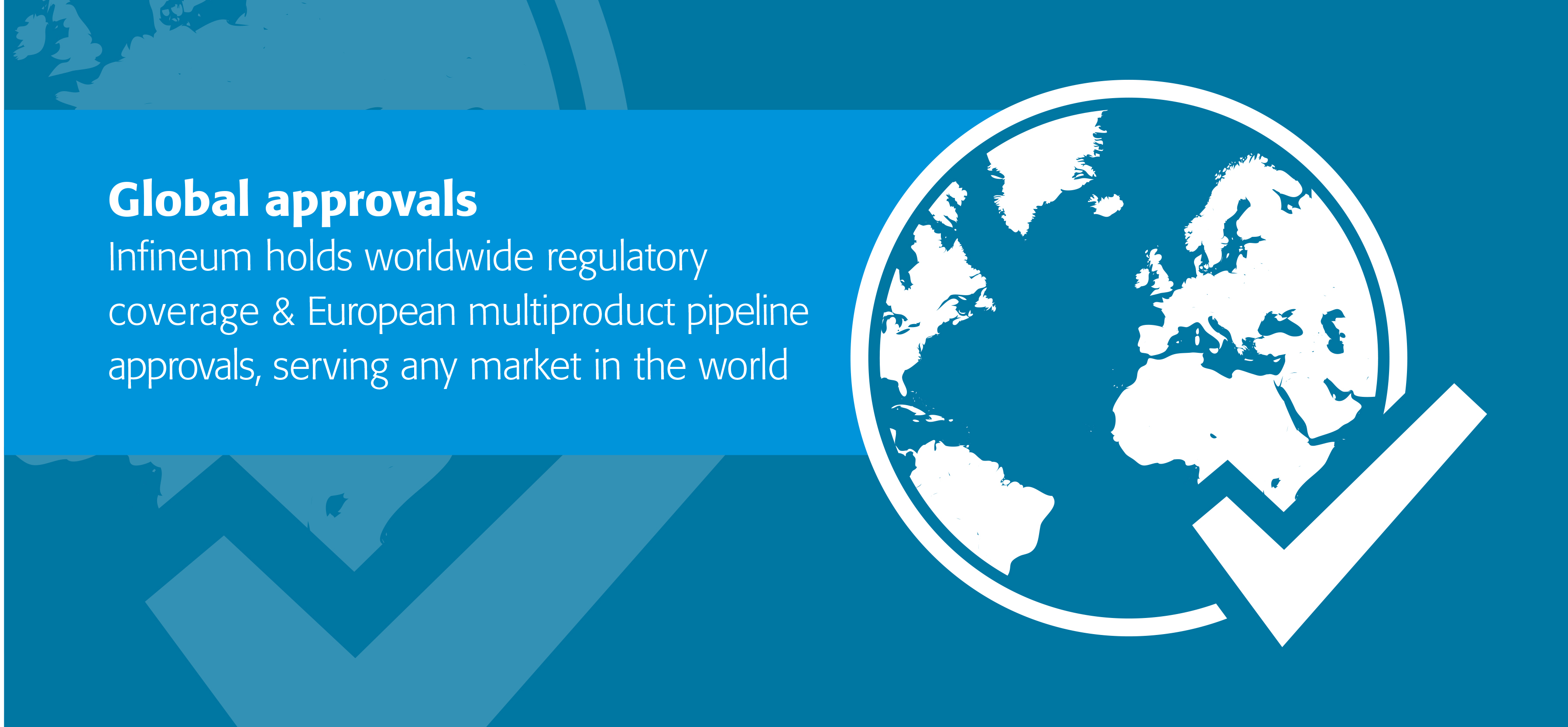
Recent Infineum Winter Diesel Quality Surveys, which monitor the quality of fuels from around the globe, have revealed a worsening picture for average global diesel fuel lubricity in the samples collected. This could be attributed to the backing off of fatty acid methyl ester (FAME) use in some regions and, if this trend continues, the use of proven lubricity additives will be required to ensure that vehicle performance is not adversely affected.
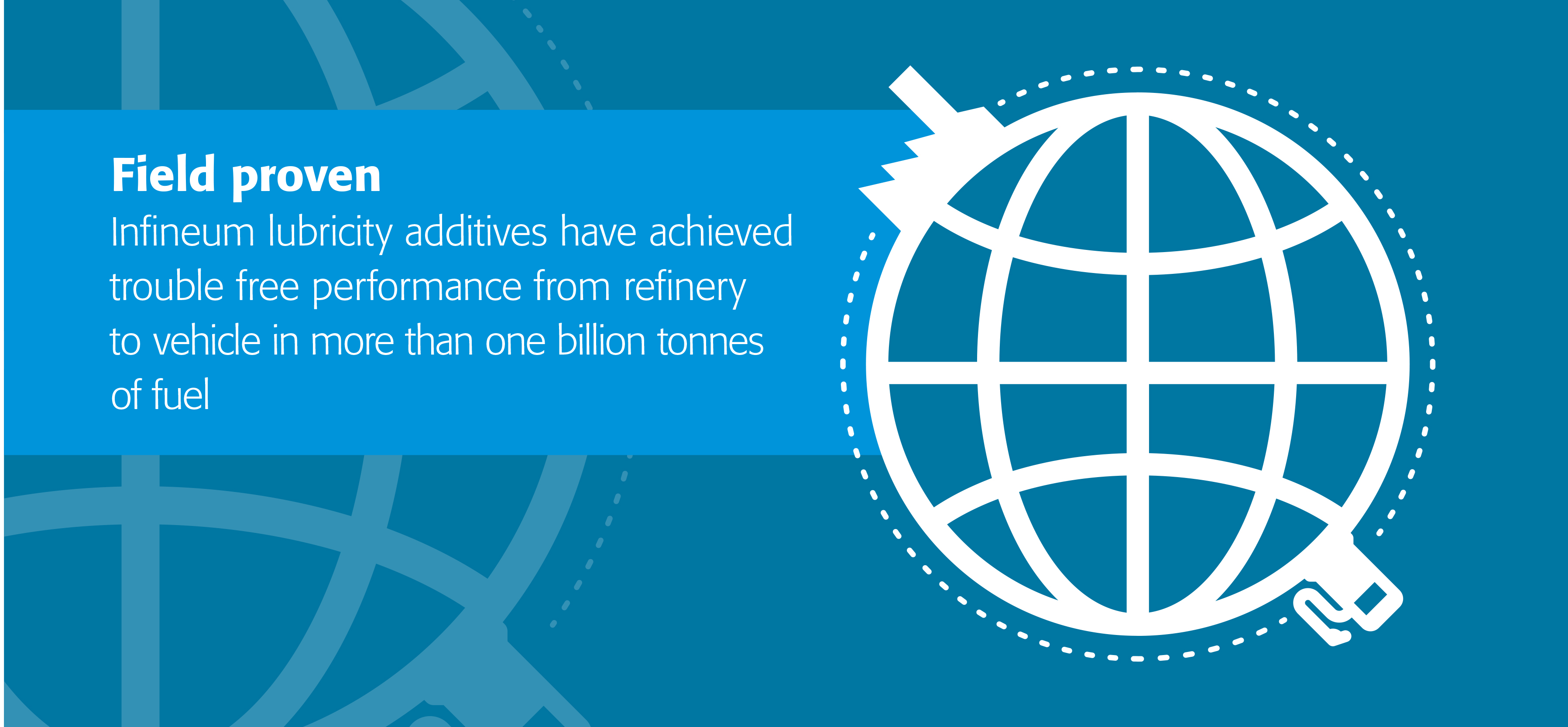
It is well understood that second generation biofuels do not provide the same lubricity improvement as FAME. This means that in markets using them, and in countries where biofuels are not mandated, lubricity additives will be increasingly required. Refiners need to have confidence that their fuel is always on specification for these markets.
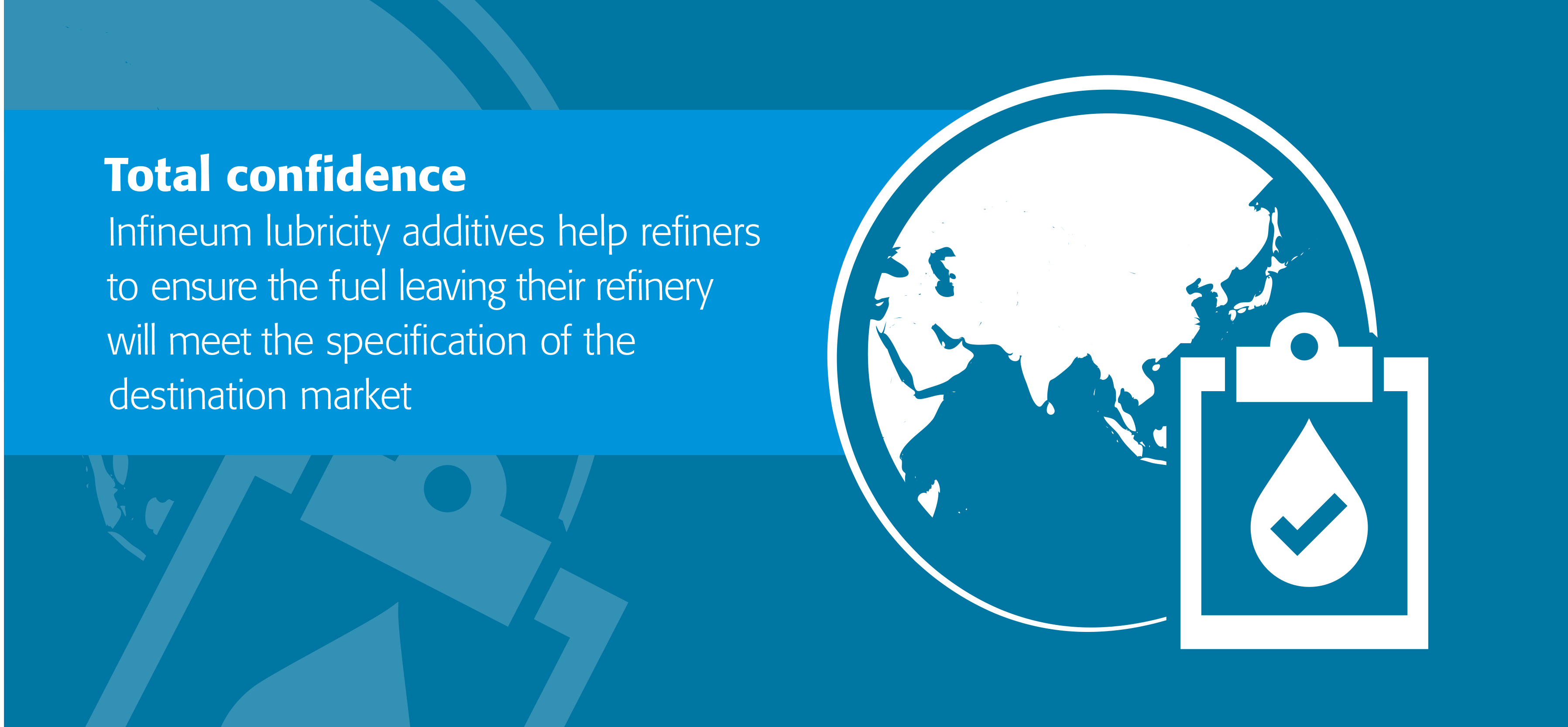
Each refinery needs additive solutions that meet their individual conditions, minimise the impact on the refinery and fit easily into current operations.
Our people provide technical product support and, by working with customers, we can create tailored formulations to meet their specific storage, handling and multi-product requirements. Since low sulphur fuels were first introduced, we have been helping customers to make sure the products they use really suit their needs.
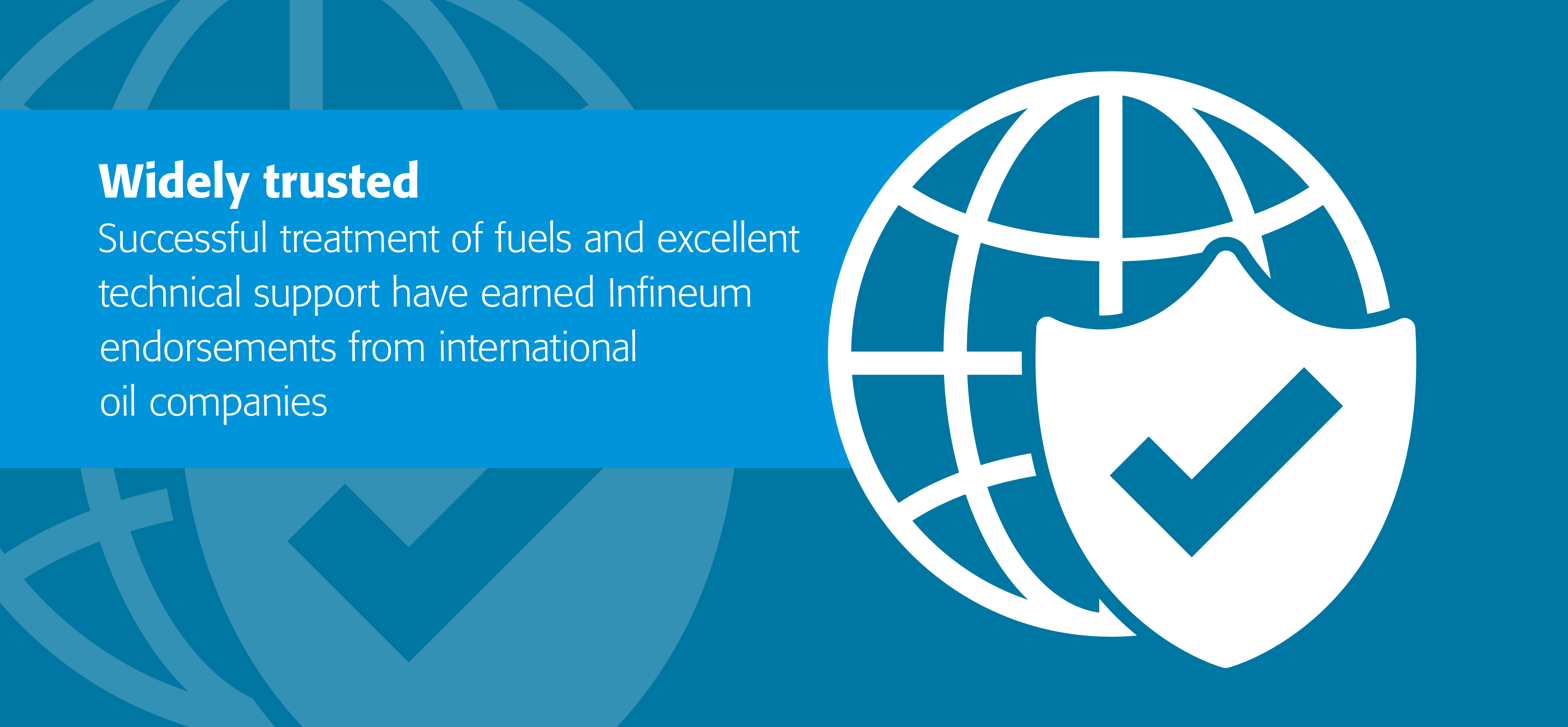
Infineum lubricity additives have been developed through rigorous technical processes, which means they can fit seamlessly into refinery operations. And, continued investment in research and development ensures our lubricity additives deliver the required performance in today’s and tomorrow’s fuels - even in difficult to treat fuels and those containing cetane improvers.
However, it's not just about technical performance, we also understand that 24/7 operation depends on a reliable supply of additives and Infineum is proud of its track record here.
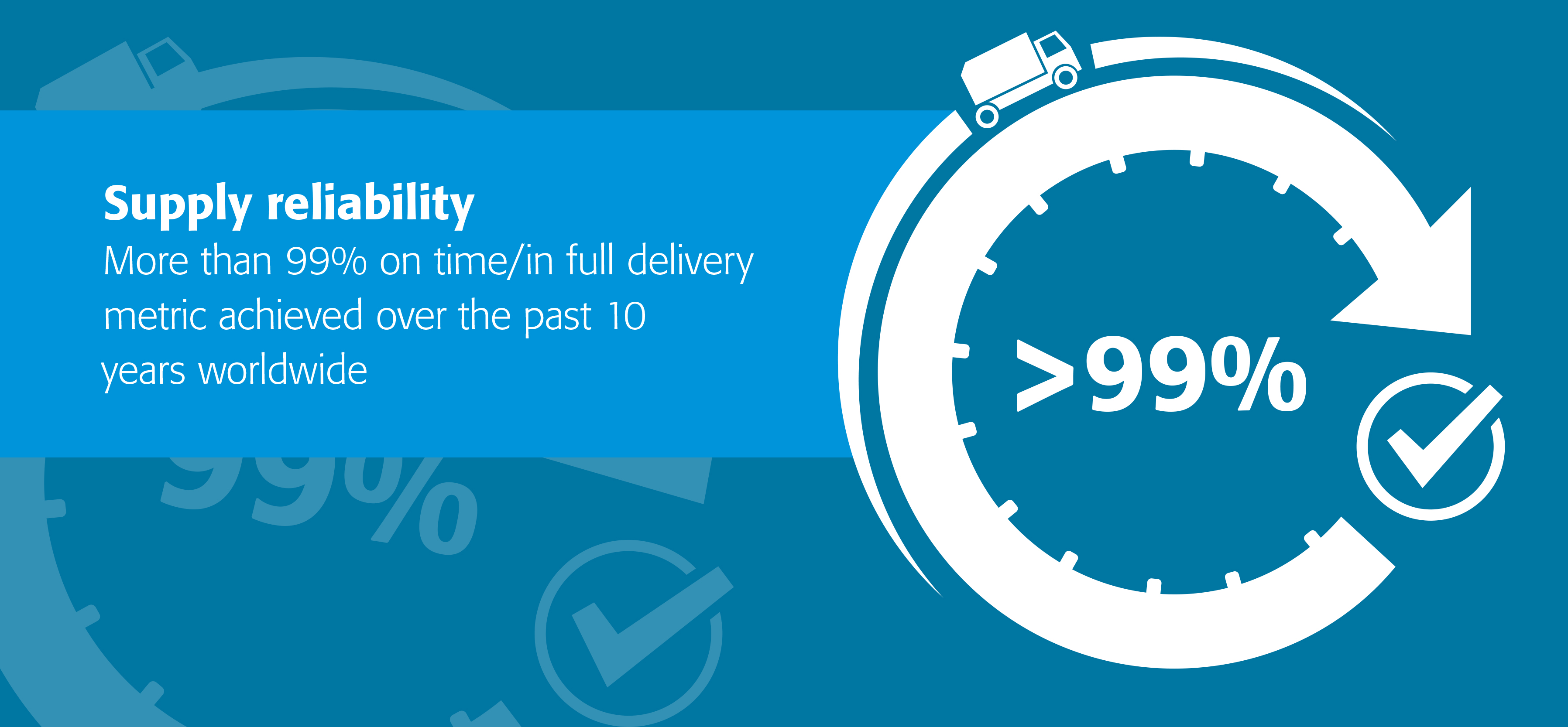
Please click here to contact us to find out more about how lubricity improver additives from Infineum could help your refinery operations.
Sign up to receive monthly updates via email